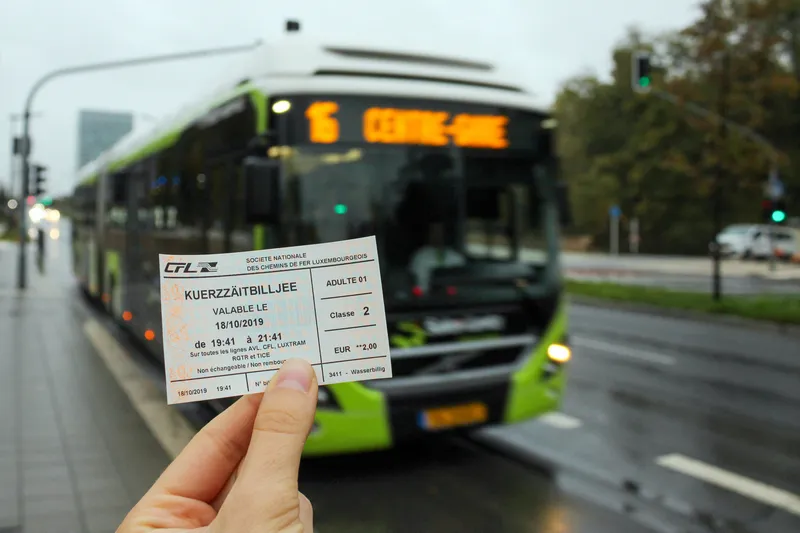According to Chinese website Xinhua, Beijing is likely to trial a congestion charge in a bid to address its congestion and air quality.
Close to 5.6 million vehicles vie for space on Beijing's roads and vehicle emissions account for 31 per cent of the city's smog sources, according to the Beijing Environmental Protection Bureau.
Beijing topped the traffic congestion list of 45 major domestic cities in the second quarter of 2015, and the frequent use of ride-hailing services was cited in a report as a major reason. Commuters in Beijing spent on average 32 minutes per hour in traffic jams while travelling during rush hours, according to a report by AutoNavi Software. Rush hour congestion was 36.4 per cent higher in July than the previous year.
"We are looking into the possibility of a congestion fee in certain areas," said Zhou Zhengyu, director of Beijing transport commission.
Beijing will further tighten its traffic controls and deliberate policies that will encourage companies to adopt different working hours, Zhou said.
The city has rolled out various policies to address air quality and congestion, such as restricting vehicles from using the roads on one out of five weekdays based upon the vehicle’s last license plate digits.
Beijing considers congestion charge
According to Chinese website Xinhua, Beijing is likely to trial a congestion charge in a bid to address its congestion and air quality. Close to 5.6 million vehicles vie for space on Beijing's roads and vehicle emissions account for 31 per cent of the city's smog sources, according to the Beijing Environmental Protection Bureau.
December 3, 2015
Read time: 2 mins










